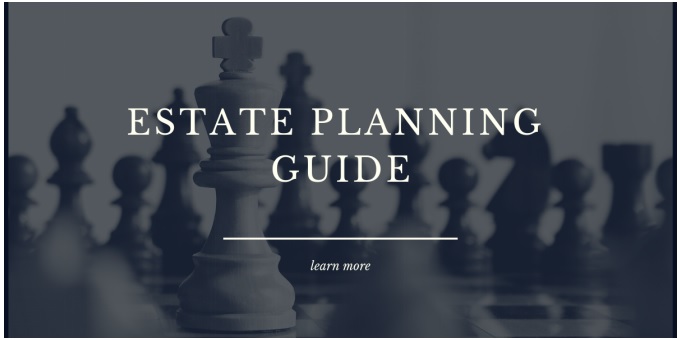
An estate plan can decrease the expenses and taxes of an estate, simplify the transfer of assets to your loved ones and ensure that they are financially protected, says SCL Wills and Probate, a law firm renowned for its probate and will solicitors in Hertfordshire.
Here are some FAQs regarding estate planning.
1. Who is responsible for making sure that my will is executed when I die?
You must name one or more persons who will be given this responsibility in your will. This person(s) is called the executors and will administer your estate as per your will when you die.
2. Will the people who I name as beneficiaries in my will need to pay inheritance tax?
There are certain laws governing inheritance tax, although it depends mostly on the size of the estate you’re leaving behind. Rules regarding inheritance tax can be complicated, so it is best to seek professional help. Doing so will minimize the tax liability on your loved ones when they inherit your estate.
3. Can an existing will be changed?
Changing the contents of a will is quite common. You can usually make small changes every year, without incurring any charge. However, if you’re planning to change the beneficiaries or make some other major alteration, it is best to hire an estate planning solicitor.
4. What is meant by Lasting Power of Attorney?
This is a legal document through which you can appoint certain people to take financial decisions on your behalf. These people are called attorneys. This is usually done for times when the individual giving the power of attorney is concerned about important decisions at times when they are available or physically or mentally unfit to make decisions.
5. What if I don’t make a will?
The state has certain rules regarding inheritance in case there’s no will in place. These are called rules of intestacy. However, if you don’t make a will, the end result could be vastly different from your wishes. A will written, with the help of an estate planning solicitor, will ensure that your estate is distributed as per your wishes after your demise. The people you want benefited from your estate will get exactly what you intended. Also, if you are a single parent, you can name the person who will be responsible for your surviving children, in case of your untimely demise.
6. What is a trust? Do I need one?
A trust is a management tool for assets, such as investments, money, buildings, land, etc. Trusts can be of different types, taxed differently. A trust can be set up for protecting family assets or for someone who is too young or too old to take care of their financial matters on their own. It can also be used for passing on assets while you’re alive or after you die. The latter is called a “will trust.” The settlor puts the assets into the trust, the trustee manages it and the beneficiary benefits from it.
Many people put off estate planning thinking they are young and healthy. But, adversities can strike at any moment. So, it is best to consult probate solicitors, such as those in Hertfordshire, and draw up your will as soon as possible.













